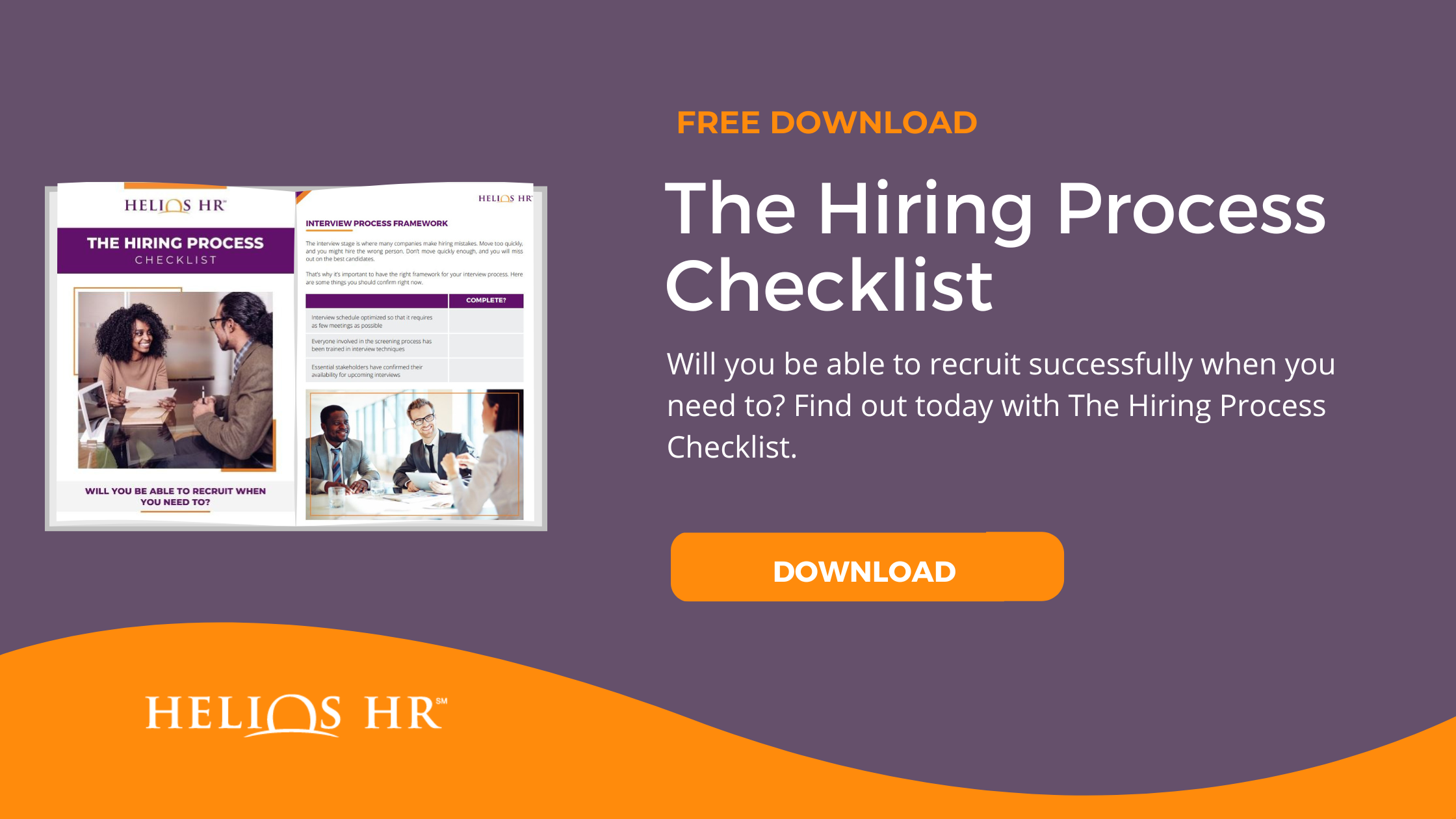By: Paul McGee on September 1st, 2022
The Death of the Cover Letter: 3 Better Ways to Meet Candidates
Is the cover letter officially dead? As a recruiter for 20-plus years, I have seen it all. There was a time when candidates always needed to submit a covering letter if they wanted employers to take their applications seriously.
But things have changed. We are in a time of low unemployment, which means that employees have the upper hand. Candidates can choose how they approach employers, while recruiters are now the ones who have to put in the hard yards to find great talent.
How cover letters became obsolete
Not every employer is a fan of cover letters. James Neville, Manager at PWC Australia, writes that:
[A cover letter is] a document arguing why I, a recruitment consultant, or any human resources professional or any manager should read your resume. Why bother with this process if all the reasons why a company should hire you are in your resume? It seems like double up, doesn't it?
In recent years—and especially since the pandemic—we’ve seen a move away from cover letters. I think that there are three main reasons for this:
- Automated applications: It’s increasingly common to apply for jobs using one-click systems, such as those found on LinkedIn or Indeed. Systems like these often don’t even provide the option of a cover letter.
- Application tracking systems: On the recruitment side, we depend on our ATS to scan and identify resumes that are relevant to the role. These systems don’t always look at cover letters, so an applicant who writes one might be wasting their time.
- Pressure to hire: Employers are always trying to reduce time-to-hire. They also want to move quickly on promising candidates before someone else comes in with another offer. As a result, recruiting managers often spend as little as six seconds looking at each application, which means that they don’t have time to read a cover letter.
- New communication styles: Communication in general is getting a lot less formal, thanks to social media, instant messaging, email and Slack. Letter-writing can feel a little old-fashioned. Many candidates would prefer to present themselves in a more informal way. And many employers—some of whom are Millennials or Gen Z themselves—would prefer something less formal too.
It looks like the cover letter is dead. But what will take its place?
Three alternatives to a cover letter
A hiring manager I spoke with recently says that some young people today don’t have writing skills because they are used to tweeting and not writing, known as the lost art of writing. They felt that cover letters offer a useful insight into a candidate’s written English skills, which is especially important for jobs that involve communication.
But there are other ways of getting to know your candidates. Some examples are:
- Video calls: As a fellow HR professional pointed out to me, a cover letter feels impersonal to a candidate who is looking for a culture fit. Couldn’t this be better asked in a one-on-one video call by the recruiter or hiring manager? The personality traits you might be looking for in a creative cover letter can be seen over Zoom or Teams just as well. It also gives the candidate an opportunity to get a taste of your culture.
- Provide a written sample: How about having them send a writing sample from a past job or even giving them a writing exercise? I think most applicants these days are submitting cover letters that are a simple template that might even be edited by a business colleague so their writing skills may be hiding behind this quite edited form. A test of some kind might give you a better insight into their communication skills.
- Ask for a video or audio resume summary: Some candidates like to include cover letters, as it gives them a chance to talk about their career narrative and emphasise why they’re a good fit. If you ask people to submit a short video or audio file, you’ll not only get to learn about them, but you’ll get a feel for their personality.
At the end of the day, your goal is to find a candidate that will thrive in the role. Everything about your recruitment process should help move you a step closer to meeting your goal.
So the question is not, are cover letters dead? The real question is: are cover letters the right tool to help your recruitment process? And, if not, then what is the right tool?
Boost your recruitment process with expert help
Recruitment in the 2020s is tricker than ever. That’s why a lot of companies are turning towards Recruitment Process Outsourcers (RPO) who can help them build a great team.
An RPO is not like a traditional recruitment agency. We work with you to build outstanding recruitment processes that suit your business needs and your organizational culture. Together, we can help make recruitment faster, and provide you with new hires that stick around for the long term.
Want to learn more about RPO? Book a no-obligation consultation call with a Helios HR consultant today.





